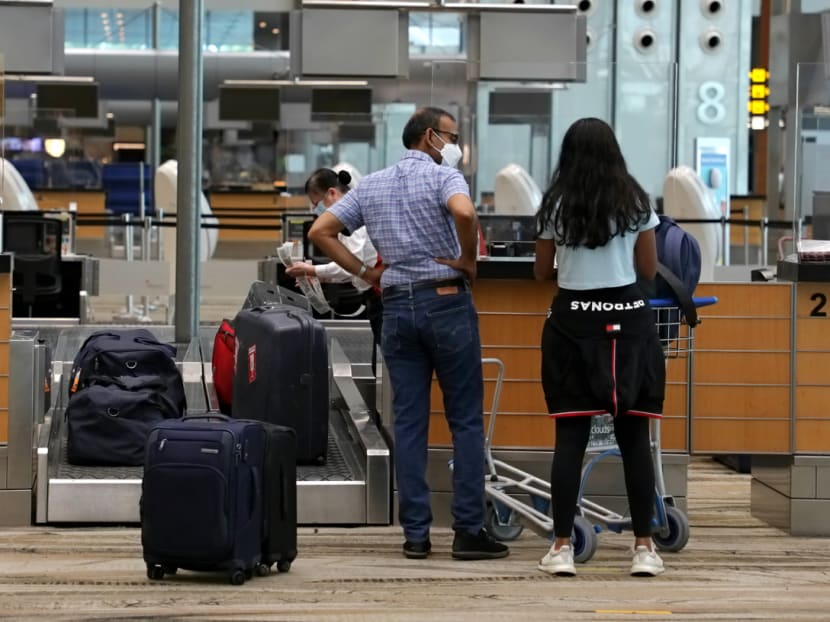Rising cost of air travel, cars, accommodation set to keep inflation elevated in near term: MAS, MTI
SINGAPORE — The rising cost of cars, air travel and accommodation is set to keep inflation elevated in the months ahead, a new government report said. The headline inflation rate rose at its fastest pace in nine years in February even as prices for some essential items grew more slowly.

- Headline inflation rose at 4.3 per cent in February, the fastest rate in nine years
- Core inflation, which excludes transport and accommodation, fell to 2.2 per cent
- A report by the central bank and MTI said core inflation is set to hit 3 per cent by mid-2022 before easing
- This is due in part to rising air travel costs
- Headline inflation is likely to remain elevated due to the increasing cost of cars and accommodation, they said
SINGAPORE — The rising cost of cars, air travel and accommodation is set to keep inflation elevated in the months ahead, a new government report said. The headline inflation rate rose at its fastest pace in nine years in February even as prices for some essential items grew more slowly.
Core inflation, which excludes transport and accommodation, could hit 3 per cent by the middle of this year, before easing later in the year.
These were from a report by the Monetary Authority of Singapore (MAS) and the Ministry of Trade and Industry (MTI) that was released on Wednesday (March 23).
"The rising cost of air travel is expected to account for a significant part of the increase in core inflation in the near term," they said.
The headline inflation rate, which covers the prices of all categories of goods and services, is likely remain "elevated" because of car and accommodation cost increases, they added.
The headline rate in February was 4.3 per cent, reportedly the fastest pace in nine years, exceeding economists' median forecast of 4.2 per cent.
Core inflation eased to 2.2 per cent in February from 2.4 per cent in January.
The fall in core inflation was the result of lower rates of increase for services, food, electricity and gas.
Some economists here earlier revised their core inflation forecast for the year after the Ukraine and Russia conflict broke out, which has resulted in higher energy and oil prices. They pointed to contributing factors such as food inflation and a tight labour market.
Inflation is on the rise around the globe, and is at 40-year highs in the world's largest economy, the United States.
The data released by MAS and MTI revealed that:
- Private transport costs jumped 17.2 per cent in February year-on-year up from 14 per cent in January as car prices rose more strongly
- The cost of retail and other goods edged up just 0.2 per cent in February after declining 0.3 per cent in January due to a slower pace in the decline in prices of clothing and footwear. Personal effects items rose more strongly
- Accommodation inflation came in at 3.3 per cent in February, up from 3.1 per cent in January as rents rose more quickly
- Food inflation eased to 2.3 per cent in February from 2.6 per cent in January, as non-cooked food such as fish and seafood offset higher inflation for prepared meals
- Electricity and gas prices for households rose at 16.7 per cent in February, which was still high but somewhat slower than the 17.2 per cent pace in January
- Inflation for services was 2 per cent in February, down from 2.4 per cent in January, due to falling telecommunication service fees and easing inflation for holiday expenses partly as a result of relaxed Covid-19 testing requirements
In its consumer price developments report, the central bank and MTI said that global inflation is "expected to stay high for some time before easing in the latter half of the year".
In the near term, heightened geopolitical risks and tight supply conditions will continue to keep crude oil prices high, they stated.











